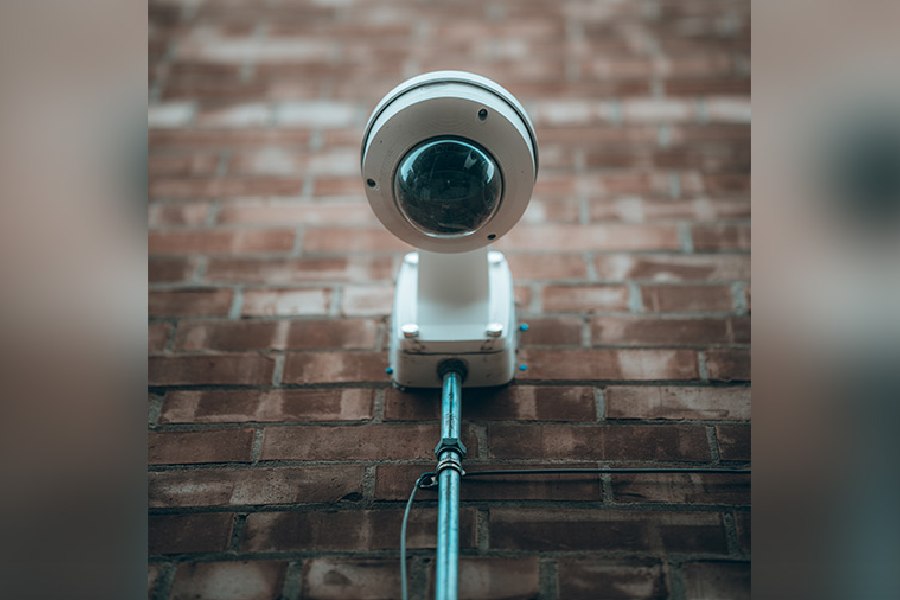Jadavpur University has informed a visiting team from the University Grants Commission that it had to dismantle the CCTV apparatus that was installed in the administrative building following protests from students in 2013, said a JU official.
The university briefed the team that the CCTV set-up was taken down following a gherao by students that had lasted 52 hours in 2013.
JU informed UGC that penal measures recommended by the university's anti-ragging committee following an investigation into complaints of ragging could not be implemented on several occasions following protests by the students, the official said.
A four-member UGC team visited JU to take stock of its anti-ragging mechanism in the wake of the death of a first-year undergraduate student following alleged ragging in the main hostel on August 9.
A JU official said when the visiting team made queries about the anti-ragging systems in place and discipline on the campus, they were handed documents detailing the administration's capitulation in the face of student unrest.
The resolution of a meeting noting that the CCTV facility had to be withdrawn following the protest was shared with the team.
Pradip Narayan Ghosh, who was vice-chancellor of JU from November 2007 to April 2012, said on Wednesday that during his tenure, four CCTV cameras were installed — one each in Aurobindo Bhavan (the administration headquarters), at gates 3 and 4, and at the central library.
Ghosh, who was confined on several occasions, said a camera was installed in the portico of Aurobindo Bhavan.
“I had plans to install 16 cameras and started with four. The cameras were required because we wanted to keep a check on the entry of the outsiders. I remember on one occasion an outsider attacked a female student with a knife and fled. Had there been a CCTV camera at the gate, we could have identified the assailant. The UGC, too, wanted cameras to be installed,” Ghosh told The Telegraph.
“I wanted to install cameras at the gates of the main hostel, too,” he said.
UGC guidelines on the safety of students on and off campuses say the entry points to the campus and the hostels of an institution “should be manned by at least three security guards, sufficiently armed, CCTV cameras, identity verification mechanism…”.
Ghosh told this newspaper: “Two to three years after I left the campus, I heard that the CCTV facilities were withdrawn by order.”
The university has initiated steps so CCTV cameras could be reinstalled after the death of the first-year student.
But this has again met with resistance.
The Telegraph reported on September 2 that a section of JU students had told the authorities in a meeting to decide on anti-ragging measures that they have to be consulted on the exact locations where the CCTV cameras could be installed and who would monitor the footage.
A JU official said that the documents they shared with the UGC include the events of 2013. "These documents mention that in August 2013, JU’s anti-ragging committee suspended a final-year student for two semesters and another for one semester following a complaint lodged by a junior student."
At a meeting of the university’s executive council, then VC Souvik Bhattacharyya was allegedly forced to form a committee to review the punishment.
An internal committee of JU probing the death of the first-year student in August recommended on Tuesday that four students be expelled from the university because they were directly involved in ragging the 17-year-old boy in the main hostel. It has recommended suspensions of varying lengths for several others.
Many on the campus have started wondering whether JU can muster the courage to punish the students as recommended.
“We have shared the information that the UGC sought from the university. Now let them respond,” said JU officiating VC Buddhedeb Sau.
